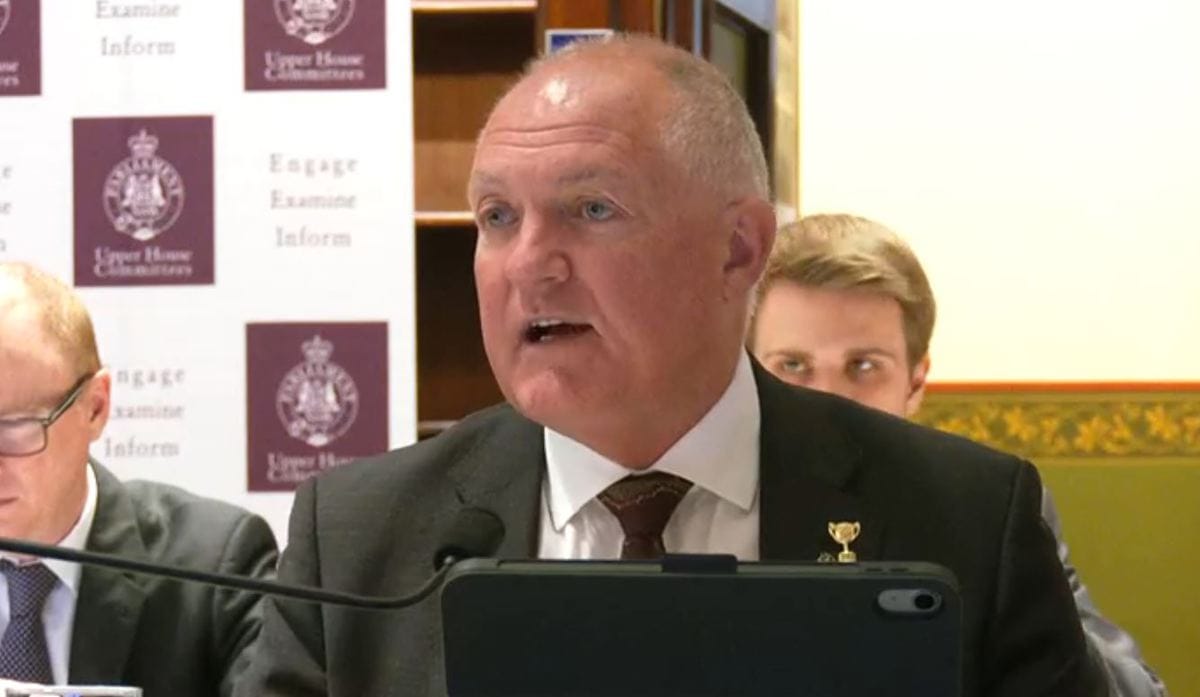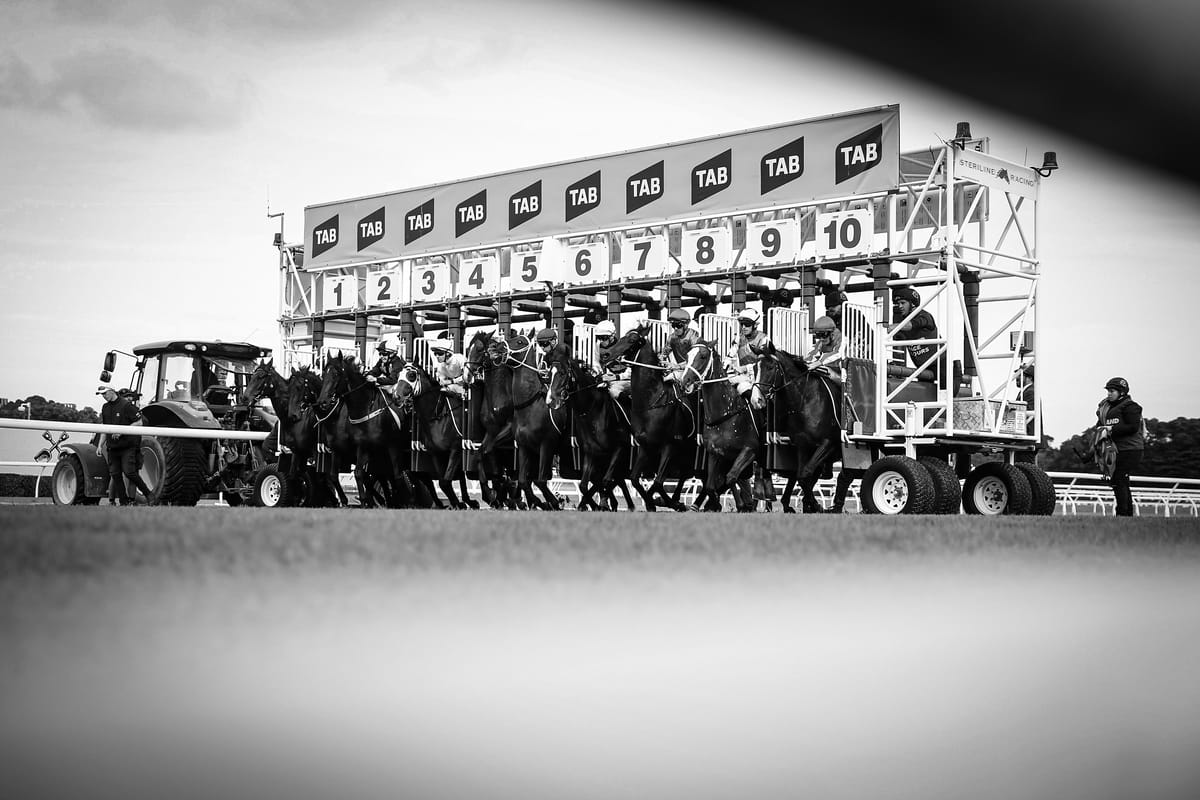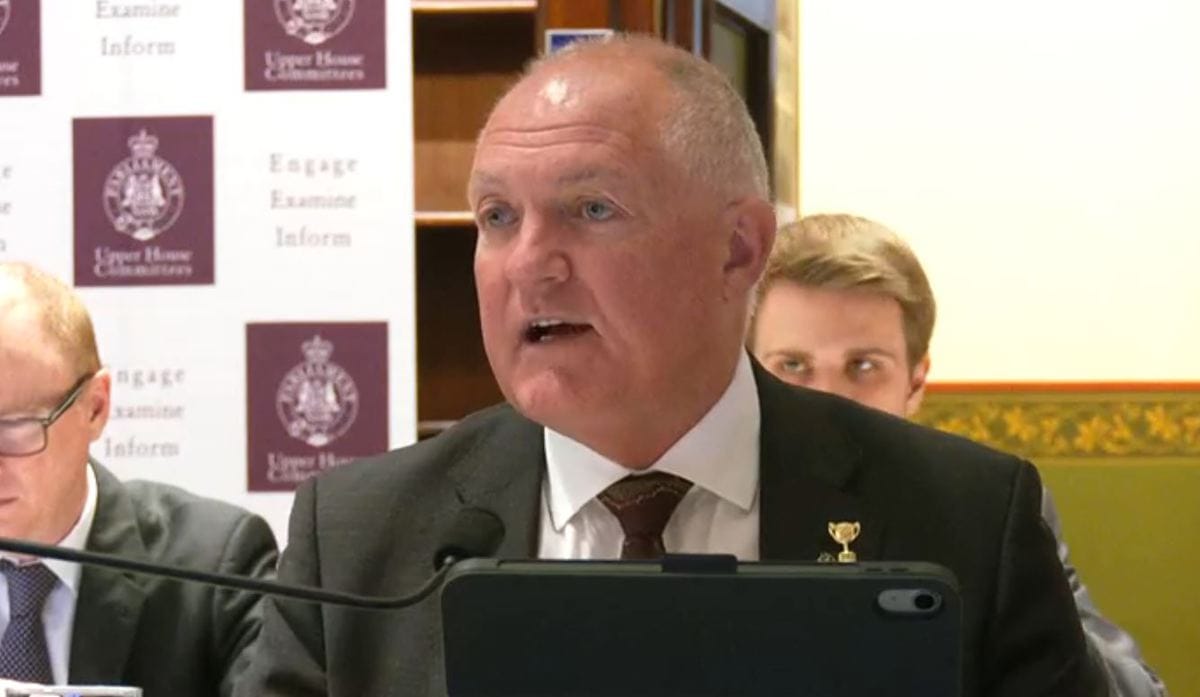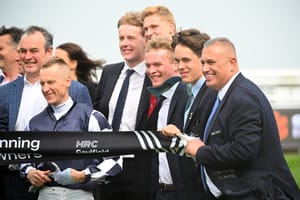NSW Racing Minister David Harris has backed Racing NSW’s strategy on retaining provisions in its budget and rejected calls for the auditor general to go over the racing regulator’s finances.

Racing NSW’s finances came under scrutiny during the Rosehill Select parliamentary inquiry, with questions raised as to its reporting and the way provisions were made to put away revenue for future use in infrastructure and prize money, among other things.
Harris was questioned about the use of these provisions during a budget estimates hearing on Friday and said that having discussed the matter with Racing NSW, he thought it was a prudent course of action.
“I've had discussions on a strategic level with Racing NSW in terms of the different amounts of money they're holding. They have explained to me in great detail their strategy behind these funds and why they've got them in place and why they're operating,” Harris said.
“I mean, one particularly was almost, if you like, a rainy day fund which is going to ensure that whilst wagering is currently down and that the other codes are having to reduce prize money or make cuts.
“Racing NSW can actually continue for five years using those funds and keep everything exactly where it is. So, I'd say that's quite prudent.
“They learnt very carefully from equine influenza and also COVID that you have to make provisions for when things change and I congratulate them for that.”
For accounting purposes, provisions are expenses that can be used to cover expected future losses. They are listed on a balance sheet under liabilities.
Former auditor-general Tony Harris put forward in a submission to the Rosehill parliamentary inquiry, that he had concerns about the nature of these expenses on Racing NSW’s books.
“While provisions such as these are common in entities’ financial statements, Racing NSW financial statements have provisions that appear not to represent ‘a present legal or constructive obligation as a result of a past event’,” (Tony) Harris claimed.
However, Minister Harris said those issues had been addressed and thought through by Racing NSW.
“I think they've thought very carefully about these issues and they're actually able to continue even though in some of the other states, I think Racing Victoria has got a new CEO and they've had to tighten their belts down there,” he said.
“Racing NSW has been able to continue with prize money, et cetera because they've made these provisions.”
Harris was also questioned as to whether the current auditor-general should be examining Racing NSW’s financial records. He said their commercial role made that difficult.
“Racing NSW has to have their books audited under the Companies Act. So they do that. The issue, and this happened when the amendment was moved previously, is that Racing NSW operates in a very competitive environment,” Harris said.

“It has to make commercial decisions. Some of those decisions that they would make are based on the best information, but they're not necessarily sure of what the outcome might be.
“I think unlike a government department, which they're absolutely not, the auditor-general saying how they should or should not be spending funds would actually constrain their ability to be able to operate in that competitive world.”
The Racing Minister then used the funding of The Everest as an example of a decision which at the beginning, wouldn’t have had have clear return on investment, but which has proven to be a success.
“They're actually a competitive company in a very competitive industry,” Harris said.
Harris did concede that the auditor-general could examine anything which involved government grants under ‘Follow The Money’ legislation.
“That’s appropriate, and if they decide to do that, then that's a decision for them. But to open, in theory, open the books of Racing NSW and have all of their decision-making looked at, I mean, that's the job of the board, and they operate under the legislation,” he said.
Harris also revealed that he had spoken to Racing NSW about its role in holding regular meetings with stakeholders and its requirements to produce a strategic plan.
“I immediately asked the question to the department whether those two statutory requirements were being fulfilled. We wrote to Racing NSW,” he said.
“I was informed in a meeting with them that the consultative meetings had been occurring and there had been agreement within the group to reduce the number of meetings, but they were still meeting.
“And in terms of the strategic plan, they told me that they had probably been a bit tardy with it. It is now out for public consultation.
“The reasons I accepted partly was because of the fact that we are reviewing wagering in NSW and it's very difficult to come up with a strategic plan when you don't necessarily know what that environment looks like.”







